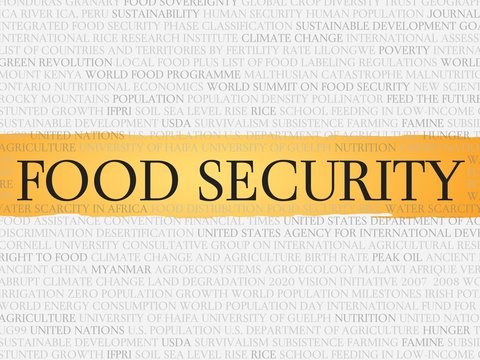In a world where more than 690 million people are hungry, and more than 3 billion are malnourished in some form, nutritional security is becoming increasingly important. While food security is critical to ensuring access to enough food for all, nutritional security goes beyond simple subsistence.
Understanding Nutrition Security
Nutritional security can be defined as the condition in which all people have access to adequate and nutritious food, which helps them lead healthy and active lives. It’s not simply about having enough calories to survive – it includes the availability, accessibility, use, and stability of diverse, safe and nutritious foods. Nutritional security aims to eliminate micronutrient deficiencies, such as vitamin and mineral deficiencies, which can have serious health consequences.
Global Statistics on Malnutrition
Despite significant progress in the fight against hunger and malnutrition, the global situation remains worrisome:
- Hunger and malnutrition: According to the Food and Agriculture Organization of the United Nations (FAO), more than 690 million people were chronically hungry in 2019, which shows that they do not have enough food to lead an active and healthy life.
- Micronutrient deficiency: The World Health Organization (WHO) reports that more than 2 billion people worldwide are deficient in essential vitamins and minerals such as iron, vitamin A, iodine, and zinc. These deficiencies lead to various health problems, especially affecting vulnerable groups such as children, pregnant women, and the elderly.
- Rising obesity rates: At the other end of the malnutrition spectrum, obesity rates are also increasing rapidly. WHO estimates that more than 1.9 billion adults were overweight in 2016, of which about 650 million were classified as obese. This creates a dual burden of malnutrition in many countries, where malnutrition coexists with overweight and obesity.
The Importance of Nutrition Security
Nutritional security ensures that individuals receive adequate nutrients, support healthy growth and development, reduce the risk of chronic disease, and improve overall health. Access to nutritious food is especially important during critical life stages, such as pregnancy and childhood. In addition, good nutrition improves cognitive ability and productivity, which in turn contributes to better economic and social development. A well-nourished population is better equipped to break the cycle of poverty and build thriving communities.
Socially, nutrition security makes communities more resilient to many challenges, such as climate change, economic downturns, and pandemics. Adequate nutrition helps strengthen the immune system, reducing the likelihood of infectious diseases. Achieving nutritional security also requires sustainable food systems prioritizing diverse, nutritious, locally sourced foods. Focus on sustainable practices that contribute to environmental conservation and long-term food security.
Why is Food Security Not Enough?
- Nutritional quality versus quantity: Food security is, first and foremost, about ensuring enough food for everyone. However, diets low in essential nutrients can lead to malnutrition, even when overall calorie intake is adequate. Nutrition security focuses on food quality to address micronutrient deficiencies.
- Potential hunger: Latent hunger refers to a lack of essential micronutrients in a sufficient calorie diet. This type of malnutrition is not always obvious but can have serious long-term health consequences. Nutritional security addresses potential hunger by promoting a varied and nutritious diet.
- Health results: Simply increasing food availability does not guarantee better health outcomes. Nutritional security ensures that the right balance of nutrients is available and accessible to improve individuals’ general health and well-being.
- Long-term durability: Sustainable food systems are important in achieving nutritional security. Addressing food security alone can lead to over-reliance on a limited number of food crops, potentially contributing to environmental degradation and affecting food availability in the long term.
Nutritional security is an important factor in the global fight against malnutrition. While food security aims to provide enough food for all, nutrition security goes further, focusing on food quality and ensuring access to diverse and nutritious options. The global statistics on malnutrition remind us of the urgency of addressing this complex issue to promote health, well-being, and sustainable development in communities around the world. By prioritizing nutrition security and adopting sustainable food systems, we can create a world where everyone has the opportunity to thrive and lead healthy lives.


